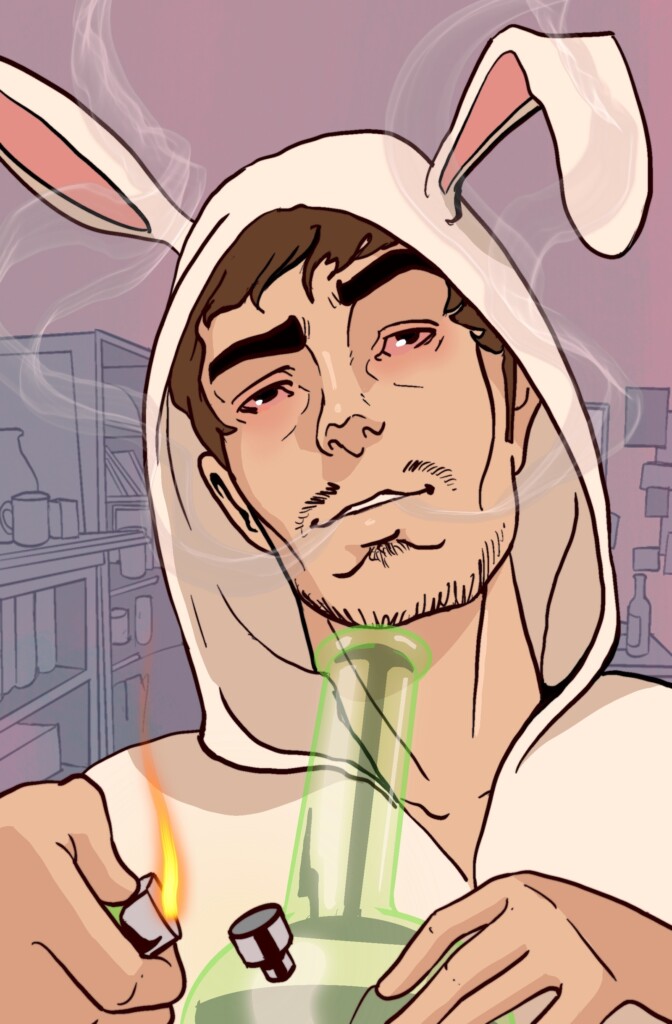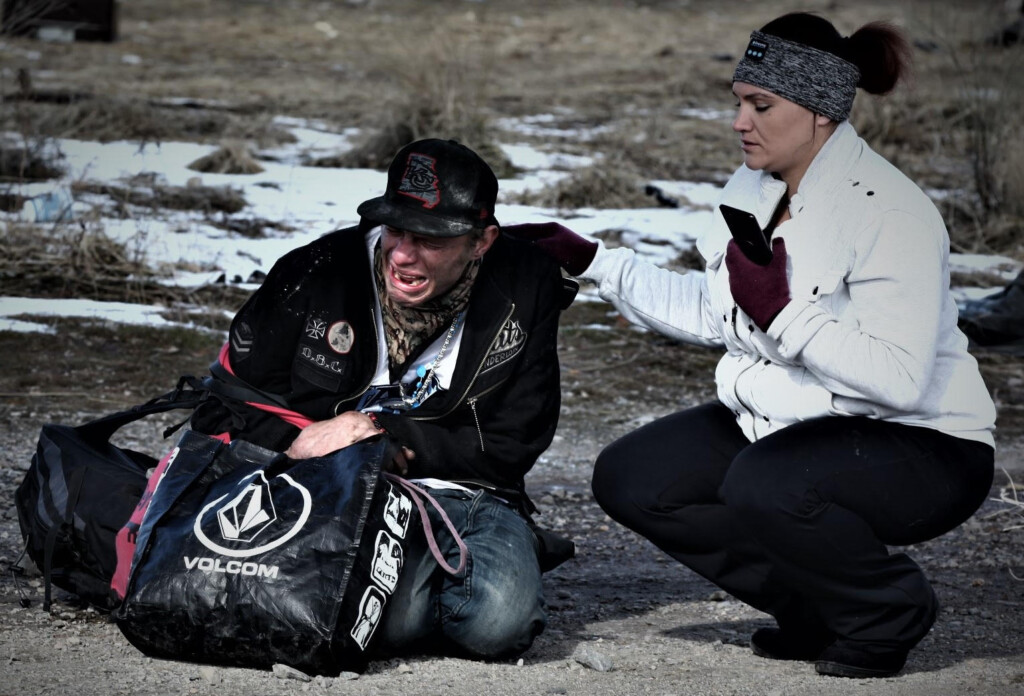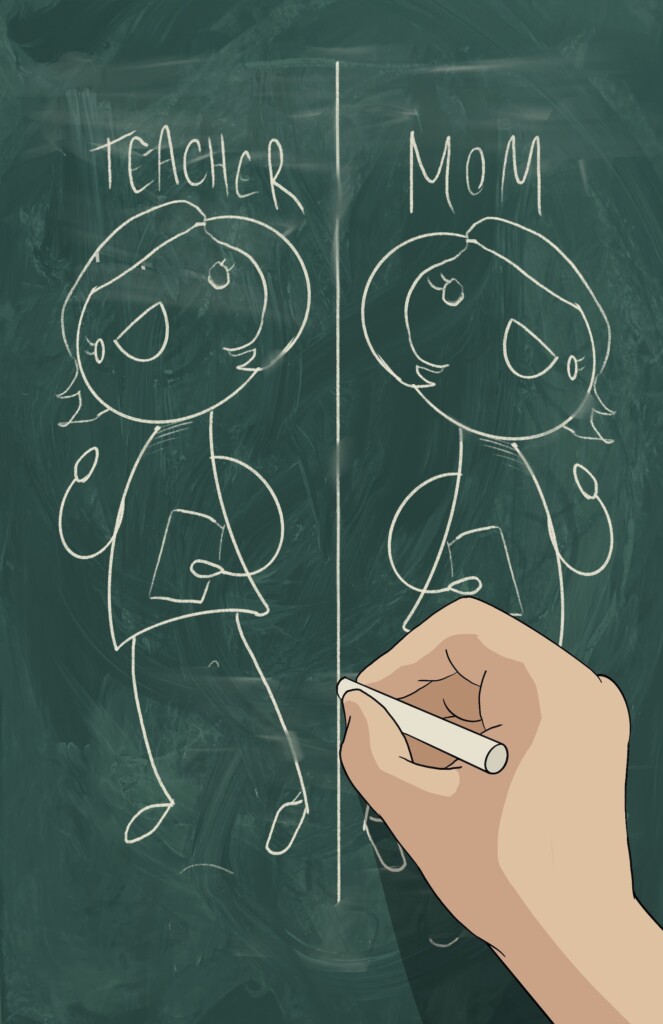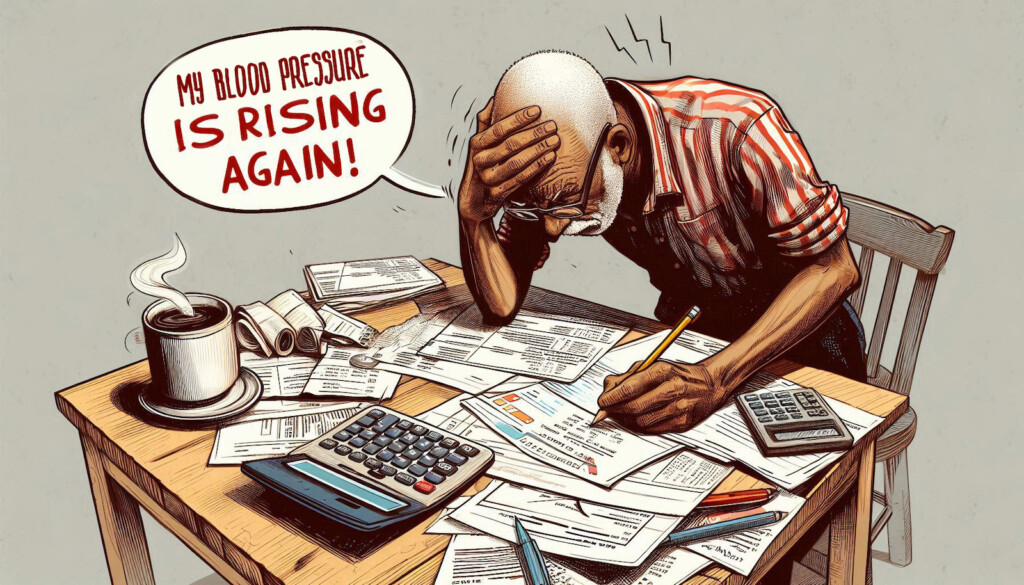Drug addiction is a critical issue affecting not only consumers, but their families, society, and the economy. For example, the number of users in hospitals, funeral homes, and treatment centers can measure the adverse health outcomes of using and abusing hard drugs. Furthermore, drug use and abuse harm the economy in different forms. The increased rate of drug use in Utah, especially in Salt Lake, is hurting businesses.
According to the Office of National Drug Control Policy (ONDCP), in 2007, the cost of drug use in the economy was a loss of $120 billion in productivity. That sum is divided between the cost of labor participation, participation in substance use disorder treatments, imprisonment, and early death.
Drug use is a complex issue where many factors come into play. The elevated living cost would potentially cause more drug use and abuse.
Mothers used to have the option to stay home, raising and caring for their children. One-bedroom apartment rent is around $1,200, the gas price has almost doubled, many food items have tripled in cost, and child care has increased. Staying home and taking care of the kids is no longer an option. Both parties in the couple must work, and in many cases, each needs two jobs to afford a place to live and put food on the table. This means that kids stay home without parental supervision.
Data reported in 2008 shows that children as young as 12 are part of the 7 million people addicted to drugs. According to the National Survey on Drug Use and Health 2009-2010, during those years, Utah was among the top ten states whose youth aged 12-17 had used cocaine.
By the time these kids enter the workforce, they are already deep into addiction. Drug use impacts businesses in different ways, such as absenteeism, low productivity, workplace injuries, and bad attitude toward coworkers and customers.

Ricci Rondinelli, the owner of Villagio Pizzeria, Italian restaurant, stated that he had seen a huge increase in drug usage. A few homeless people have done drugs by his establishment. He is concerned with drug and homelessness issues. He said, “They [the restaurant] embrace them in the hope they will straighten out.”
He hires drug addicts from the recovery program to give them an opportunity to better their lives. Unfortunately, some have gotten high in breaks. Consequently, his business gets affected; the workers work slower and do not give customers the appropriate service. Besides, they can’t handle knives if they are high since accidents could happen, incurring costs and losses for the restaurant.
Rondinelli commented that some of his workers who use drugs stop going to work once they hit the 30 hours demanded by Recovery Housing Programs. He says he hires back those who keep relapsing and going to jail. However, he said, “I’ve noticed they are less and less of a person when they come back because it [drugs] does something to them.”
He adds that he feels bad because they can’t perform as they did before. He believes that the economy is partly to blame, saying everything is expensive except drugs.”
“We also have a big problem with people who just come in here and play the game. ‘I gotta go out to my car, I forgot something in my car,’ and when they come back they are a different person. So they get high in the car,” said Rondinelli.
Since he allowed them to vape, some have put stuff in it. “They show up to work and by the time the shift is over, they are all messed up and can’t even walk straight,” he stated.
Rondinelli commented that one of his workers, who was homeless for thirteen years, is now his manager and was able to buy a nice car and rent a lovely apartment.
The Gateway Mall has been significantly affected by the homeless agglomerate in the area. People avoid some stores because they would need to go through a group of homeless. While not all do drugs or are violent, people want to take precautions — these actions weigh heavily on business profits.
A person who works in security in Salt Lake and chose to be kept anonymous, said the drug situation is pretty bad. “It’s not uncommon to find syringes full of heroin. It happens at least once a week. Most of our most severe incidents that have affected our property negatively have involved people who are on drugs.”
She adds that some people have overdosed on the property and defecated in the stairwells, the garage, and even in some businesses. The person finished by saying that some homeless people “do it openly, too. Like smoking crack, spice, heroin, just in the stairwell.”
Business owners on Main Street in Salt Lake City and 25th Street in Ogden are affected by drug use. A statement issued by The Department of Economic Development explains that they, along with the “Business Development team, is a boots-on-the-ground organization. Our team is working with businesses day in and day out to listen to their needs and provide support.”
Downtown Alliance’s executive director Dee Brewer believes that the situation with people experiencing homelessness and the drug issue occurs both downtown and at a state and national level. However, he said, “I view the answers for the drug crisis as being healthcare-related and mental health services related.”
The Downtown Alliance has a program called The Homeless Outreach Service Team (HOST). The program collaborates with the police and homeless service providers to help the homeless community. The other program is The Downtown Street Ambassadors. The ambassadors help people experiencing homelessness to obtain necessities such as shelter and food.
As previously stated, drug usage is a complex issue; fixing it would take crucial time and effort from national organizations.






